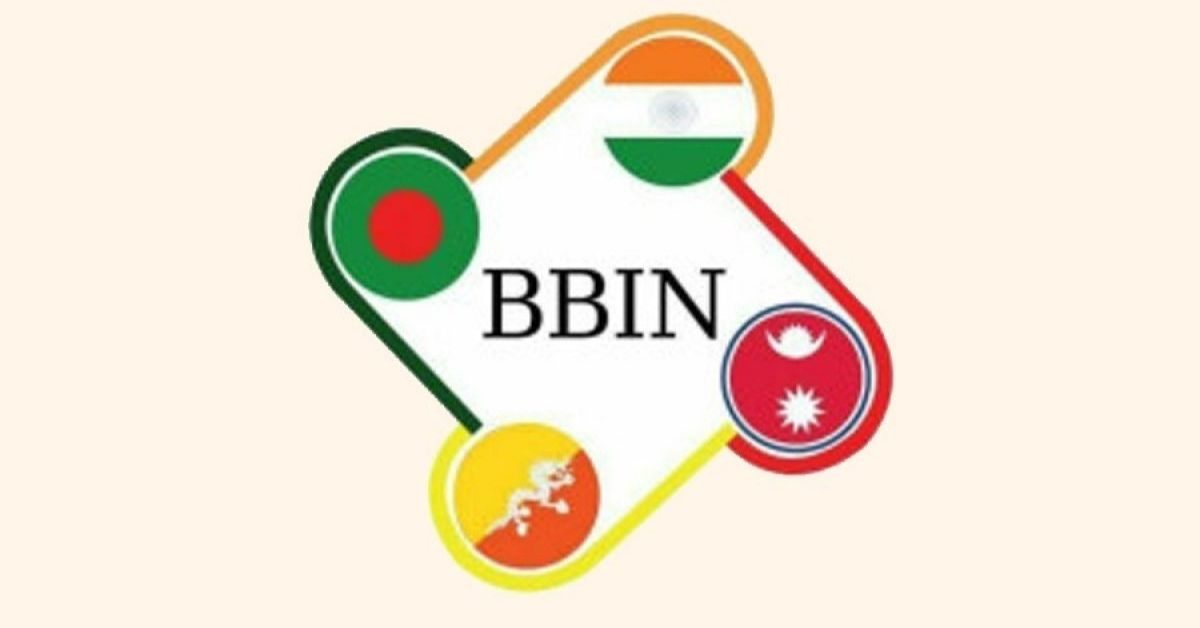Officials say Bangladesh is being deemed as a major beneficiary of the train transit within this sub-region and ultimately beyond, particularly economic-powerhouse China.
The study is being conducted under the World Bank’s Cross-Border Rail Connectivity Project in Eastern South Asia-a sub-region grouping Bangladesh, Bhutan, India and Nepal.
A roadmap for cross-border rail services will be prepared under the project, the World Bank has said, which will promote facilitation of trade crossing over borders.
The global development financier has appointed India-based Deloitte Touche Tohmatsu LLC to conduct the study, which recently started talks with Bangladesh officials to collect information across the rail-logistics value chain as well as overall freight market.
The team will sit with relevant stakeholders like government departments, land-port authorities, rail ministries and departments, industry associations, shippers, logistics-service providers, customs agents and terminal operators in public and private domains to glean necessary feedbacks.
As designated, the study is focused on assessment of the current situation of rail infrastructure, rolling stock, signalling, equipment and apparatus, rail services in operational and commercial respects, legal and regulatory framework, institutional-coordination structure, and capacity of sector institutions.
“The World Bank recognises the potential for greater intraregional trade enabled by improvements in seamless railway connectivity and an integrated transport and logistics network,” the multilateral agency says in a recent letter to the government departments for cooperation in conducting the survey.
It treats Bangladesh as a major beneficiary of the project “due to seamless facilitation of transit via railways, growth in trade resulting from increased access to raw materials and finished goods, and the expansion of direct and indirect employment opportunities”.
Presently, Bangladesh has direct rail connectivity with neighbouring India that mainly focuses on passenger transportation. Since the Covid-19 pandemic period, operation of cargo trains between the two countries also has continued on a limited scale.
However, Bangladeshi trains are not allowed to go to Nepal or Bhutan using Indian territories until now.
The Asian Development Bank (ADB) is also studying railway-based cargo movement between India and Bangladesh, with the focus on present state of infrastructure gaps, improvement in facilities for cargo and container carriage using technology-based solutions, and requirement of regulatory reforms.
Bangladesh officials concerned, in meetings with ADB study team, had emphasised the necessity of incorporation of Bhutan and Nepal into such a rail-cargo network for a nudge to trade among the countries.
Dr Mostafa Abid Khan, a former member of Bangladesh Tariff Commission, said that the rail connectivity would help lessen cost and time for transportation of goods.
“Not only the exporters are benefited from improved connectivity, benefits can be attained from low-cost transportation of industrial raw materials and consumer goods,” he says about the virtue of most popular transport moving through the nations. Mr Khan also casts his sights beyond this realm as he says the rail connectivity within the BBIN can create scope to have link with China from where Bangladesh imports huge volumes of raw materials.







